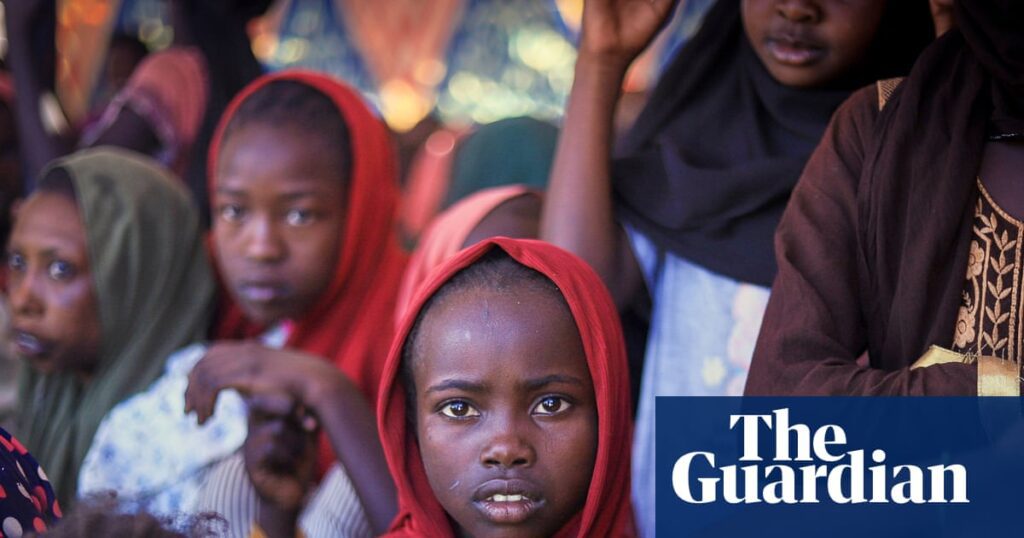The United Arab Emirates (UAE) has publicly acknowledged mistakes in its Sudan policy, particularly its support for the Rapid Support Force (RSF), a paramilitary group implicated in mass killings. Anwar Gargash, the UAE’s senior diplomatic envoy, admitted that failing to impose sanctions on the leaders behind the 2021 coup, which overthrew Sudan’s civilian government, was a significant error. Historically, the UAE has undermined civilian governance in Sudan, working to bolster military power after the 2019 uprising against long-standing dictator Omar al-Bashir.
This acknowledgment comes amidst reputational damage as the UAE struggles to distance itself from the RSF, which it had previously supported. While the UAE has condemned the atrocities committed in El Fasher, it has blamed the military for the ongoing violence and framed itself as a neutral party.
Despite claims of neutrality, evidence suggests the UAE secretly armed the RSF. Analysts note the UAE’s support for the group was crucial in weakening the civilian government, leading to the ongoing civil conflict. The UAE is motivated by Sudan’s natural resources, particularly gold. A significant portion of Sudan’s gold production is conducted by military-controlled areas, with a substantial amount smuggled to the UAE.
Moving forward, the UAE faces pressure to help resolve the Sudanese crisis, especially as international attention focuses on stabilizing the region. A recent statement from the United States, along with Saudi Arabia and Egypt, called for a humanitarian ceasefire and a transition to a civilian-led government in Sudan. The UAE’s role remains complex, caught between its interests in resources and the need to mitigate the conflict’s humanitarian impact.
Source link


